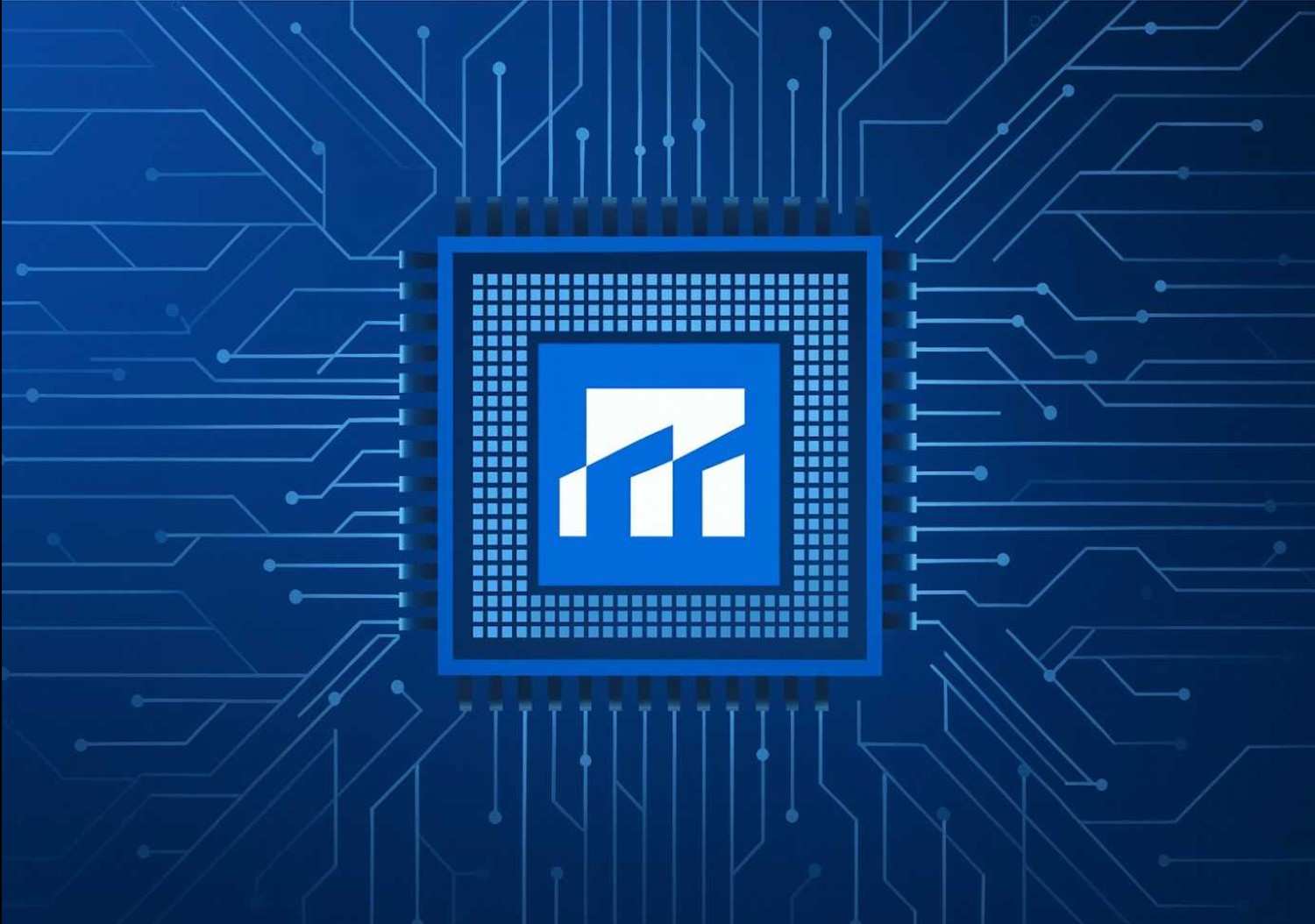How To Use AI To Automate Business

Artificial Intelligence (AI) is no longer just a buzzword. It is reshaping how businesses operate. From reducing manual errors to accelerating decision-making, AI workflow automation is becoming the backbone of digital transformation. For companies struggling with repetitive, costly, and error-prone workflows, AI presents a practical solution that drives measurable growth.
Mergepoint takes this further by embedding AI directly into critical workflows. From automating invoice approvals in finance to streamlining tenant onboarding in property management and optimizing logistics for heavy equipment, the no-code platform integrates seamlessly with existing systems. By combining automation with intelligent insights, businesses can cut costs, ensure compliance, and scale with confidence while gaining a competitive edge in fast-changing markets.
Why Automating Business with AI Matters
The Cost of Manual Workflows
Manual processes in HR, finance, logistics, and operations drain valuable time and resources. Approvals are delayed, vendor onboarding becomes chaotic, and compliance tracking consumes countless staff hours. According to a McKinsey report, companies that automate workflows reduce costs by up to 30% while improving accuracy and speed.
AI as a Catalyst for Digital Transformation
Unlike humans, AI can process real-time data at scale, eliminating bottlenecks and supporting faster, more accurate decisions. This scalability enables businesses to move from reactive management to proactive growth strategies, giving them an edge in competitive industries.
The MergePoint Approach
MergePoint is designed to make AI automation accessible to businesses without heavy IT investment. Its no-code builder allows teams to create AI workflows quickly, integrating seamlessly with CRMs, ERPs, finance tools, and SaaS applications. With a strong focus on heavy equipment, logistics, property management, and finance, MergePoint helps B2B companies eliminate inefficiencies at scale.

Key Business Functions That Can Be Automated with AI
Finance Teams
Tasks like invoice processing, fraud detection, and expense reconciliation are ideal candidates for AI. By automating these functions, businesses can reduce human error, speed up approvals, and free up teams for more strategic work. According to Deloitte, finance automation delivers measurable benefits such as cost savings, improved accuracy, and greater efficiency. With MergePoint’s AI workflow automation, companies are already seeing these results translated into reduced processing costs and hours saved each month.
Operations and Inventory Management
AI provides real-time stock visibility, reconciles inventory automatically, and speeds up vendor onboarding. Instead of reactive problem-solving, businesses gain predictive insights that strengthen supply chain resilience. This not only minimizes shortages and overstocking but also helps companies optimize working capital.
Property Management
For property managers, AI simplifies tenant communication, automates maintenance requests, and ensures compliance tracking. Automated leasing workflows mean less paperwork and smoother tenant experiences. By streamlining these processes, property managers can focus more on building stronger tenant relationships and improving overall satisfaction.
Logistics and Heavy Equipment
AI powers predictive maintenance, fleet tracking, and parts ordering. It also generates compliance logs and reports automatically, reducing downtime and improving operational safety. By analyzing data from sensors and historical patterns, AI can anticipate equipment failures before they happen, allowing proactive servicing. This not only cuts maintenance costs but also improves fleet reliability, ensuring deliveries and operations stay on schedule.
How to Get Started with AI Automation
Step 1 Map Out Your Workflows
Identify repetitive, manual tasks across finance, HR, and operations that cost your business time and money.
Step 2 Choose a Scalable Platform
Building in-house AI tools is costly and complex. Instead, B2B companies benefit from secure, no-code solutions like MergePoint that integrate directly with existing systems.
Step 3 Pilot and Measure ROI
Start small, perhaps with finance automation, and track results. Common metrics include time saved, error reduction, and cost efficiency. With AI, ROI is typically visible within months.
The Future of AI in Business Automation
The future lies in AI agents that move beyond task automation to deliver predictive insights. Businesses will shift from reactive management to proactive AI-driven decision-making. MergePoint is at the forefront of this shift, shaping the B2B automation landscape in Southeast Asia and beyond.
As AI continues to evolve, businesses will see greater personalization, smarter resource allocation, and tighter integration across departments. This means automation will no longer just reduce costs but also unlock new growth opportunities, enabling companies to innovate faster and compete more effectively in global markets.
FAQs About AI and Business Automation
Q1 What business processes are easiest to automate with AI
Repetitive workflows like invoice processing, logistics scheduling, property inspections, and equipment maintenance.
Q2 How do I measure ROI from AI automation
With MergePoint, ROI is tracked through cost savings, time reduction, and improved team productivity.
Q3 Do I need technical expertise to implement AI automation
No. MergePoint uses no-code connectors to integrate with CRMs, ERPs, and SaaS tools.
Q4 Is AI automation safe for sensitive business data
Yes. MergePoint follows enterprise-grade security protocols, ensuring compliance across finance, property, and logistics industries.
Q5 How is AI automation different from traditional RPA
RPA handles fixed, rule-based tasks. MergePoint combines AI with automation to manage adaptive, complex workflows.
AI workflow automation is no longer optional. It is a business necessity. By eliminating inefficiencies and enabling real-time decision-making, companies can scale faster and smarter. Platforms like MergePoint.ai make automation accessible, secure, and future-ready for industries where precision and efficiency matter most.
For businesses that want to stay competitive, adopting AI automation is not just about keeping up with technology trends, it is about future-proofing operations. Those who embrace automation today will gain the advantage of agility, cost efficiency, and resilience, positioning themselves as leaders in tomorrow’s digital economy.
Related Reads for Deeper Insights
- What Is AI Automation and Its Workflow Impact on Business
- AI in Industrial Automation Is Here
- Business Process Automation Services
- No-Code LLM AI Agent Builder for Business Teams
- 5 Signs Your Business Is Ready for Automation
- Automated Customer Service Workflows for Businesses
- HR Workflow Automation with MergePoint AI
- How AI Workflow Automation Empowers Finance Teams
- Smarter Operations: Use AI-Powered Workflow Automation
- MergePoint AI Powers the Future of K-Fashion at Seoul Tex & Tech 2025





